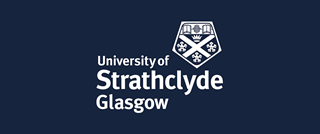Overview of the cohort
The Diversity Impact Programme was launched with the aim to inspire change within university engineering departments. The programme provides funding for projects that transform the experiences of engineering students from diverse and underrepresented backgrounds.
Nearly £1m of funding has been awarded to 11 universities whose projects will use a range of innovative methods to tackle or better understand barriers to student success.
Key findings from our interim evaluation of DIP
We commissioned a review of DIP, focussed on the 2022 cohort. We’ll share the findings as we work through the recommendations from the evaluation, and for now, here are some of the things we learned:
Students spoke positively about the impact of interventions such as mentoring, placements and visits and talks from industry stakeholders. Students also spoke positively about projects focused on improving their sense of belonging while at university.
The positive thing about the DiP is that [it] was the seed funding that allowed us to then really develop all of these different strands and take them forward. - Award holder
On the other hand… we know that to maximise the potential of the programme, there’s more to consider:
“Issues will be different at different universities. But there should be a balance between top-down [led by existing evidence] and bottom-up [led by universities].” - Academy staff member
“The programme has huge potential to influence practice – but is highly dependent on how well the university departments speak to each other and the university itself, and there are a lot of potential barriers.” - Academy staff member
We know that the single biggest development our DIP awardees would like to see, is the creation of a Community of Practice. In our new Community of Practice for the Diversity Impact Programme, we will explore key questions on the shape of the programme in the longer term, as well as providing a space for participants to problem-solve and share learning about their projects.
De Montfort University
Access to high Profile Jobs: Closing the Gap
The project establishes an Engineering Sciences Learning Centre and Employability Programme co-designed and co-run with students that will reinforce their academic and professional confidence in pursuing high profile engineering career.
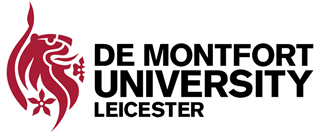
Imperial College London
Engineering Progression from School to Year 2 at Imperial
Students from low socio-economic backgrounds face significant barriers to progression. This innovative project supports students for an extended period as they transition from School into their first year and second years at Imperial. The project focuses on four key areas: academic progression, retention, enrichment, and belonging. The project has been co-developed with students and Imperial’s ‘working class network' and draws on a recent pilot project. It provides strategic interventions and relationships at different inflection points, creating opportunities for leadership, academic and personal development as part of a broad package of support.

King's College London
Success for Black Engineers
Attainment outcomes for Black engineers at undergraduate level, and for black students of engineering subjects at school are weaker than for their white counterparts. This project addresses this problem by providing tailored support for students at key moments in their journey. It trains students from the university’s existing Black community to become peer and Black and minority Ethnic staff to become academic mentors for these students. There is an explicit outcome for the university to increase its knowledge and understanding of the experience of Black engineering students. The project also supports wellbeing and personal development, acknowledging that academic attainment cannot be viewed separately from a student's broader experience and growth.
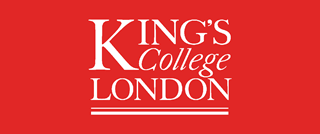
Loughborough University
Don’t forget the Mortar! A new approach to engineering education
This project considers the experiences and activities that form the culture of an institution outside of the core academic content. It acknowledges that this culture is often designed (explicitly or implicitly) by and for majority groups, which can leave people from minority groups less able to navigate the culture and feeling excluded. This results in low levels of belonging which is a significant factor in attainment and retention.
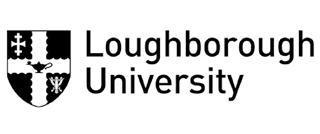
Newcastle University
Peer Networks: Cultivating an inclusive culture and sense of belonging
A lack of access to peer networks has been identified as a barrier to minoritised Engineering undergraduates' success and feelings of belonging. This project will examine the structures and accessibility of existing peer networks and identify and evaluate new opportunities to join and form networks to improve feelings of belonging and outcomes for students from all backgrounds. The outcome of this research will be applicable across engineering disciplines across the whole higher education sector.
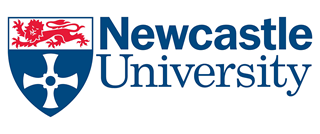
Swansea University
50% for the future
The representation of women within Swansea University’s mechanical engineering cohort is 8.5%. This project strives to address this under-representation via evidence-based, beneficiary defined interventions. The project has an ambitious overarching aim to act as a springboard to achieve “50% for the Future” equal representation of men and women, not only studying mechanical engineering at Swansea University, but within the profession.
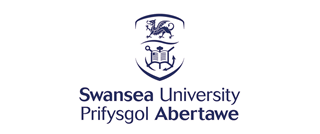
University of Central Lancashire
The EASE Zone
The development of entrepreneurial skills and professional networks are at the heart of this project. In order to tackle the low rate of transfer to employment and low rate of attraction into higher education for some under-represented groups the project is embedding employers into the teaching and learning environment to build confidence, relationships, develop solutions and facilitate a more effective transition between education and the workplace.
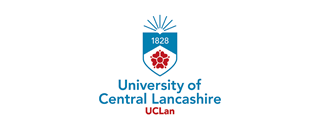
University of East London
Together Empowered: Voicing minority groups in tackling climate change
This project models a way of addressing the lack of Equality, Diversity and Inclusion in the engineering profession and the benefits greater inclusion can bring to the key issues of our time. It does so by facilitating the engagement of minoritised engineering students with industry partners to develop innovative solutions to the global issue of climate. As students collaborate with professionals to develop innovative solutions to mitigate the impacts of climate change they will develop skills, confidence and a new affinity with their chosen field. Industry partners will experience the benefit of engaging with diverse perspectives and be supported to develop the skills required lead inclusive teams and cultures.
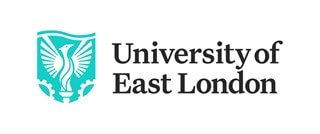
University of Plymouth
Embedding Systemic Inclusion for Neurodiverse and Disabled Engineering Students
This project takes a system level approach to the experience of inclusion/exclusion for neurodiverse and disabled engineering students. It considers interventions that motivate stronger engagement and identification with engineering for students from these groups, and has an equal focus on the institutional factors that affect outcomes. Interventions cover the creation of new accountability structures, co-creation methods applied to content creation, staff training, raising awareness of the lived experience of disabled and neurodiverse students as well as the creation of tools for use across the institution and beyond.
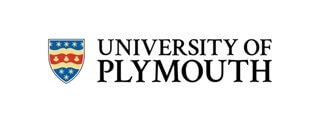
University of Sheffield
Diversity Confidence in Engineering
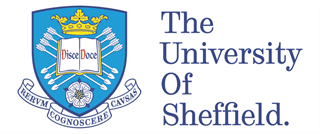
University of Strathclyde
Strathclyde Engineering Scholars – equal outcomes for the most disadvantaged
Half of engineering students from disadvantaged backgrounds will not complete their degree. Those who do, demonstrate lower attainment and are typically men. This project establishes a comprehensive personalised ‘in-kind’ scholarship programme enabling those from the most disadvantaged backgrounds to access and successfully navigate university engineering education with equal outcomes before transitioning to professional graduate employment in alignment with their peers.
